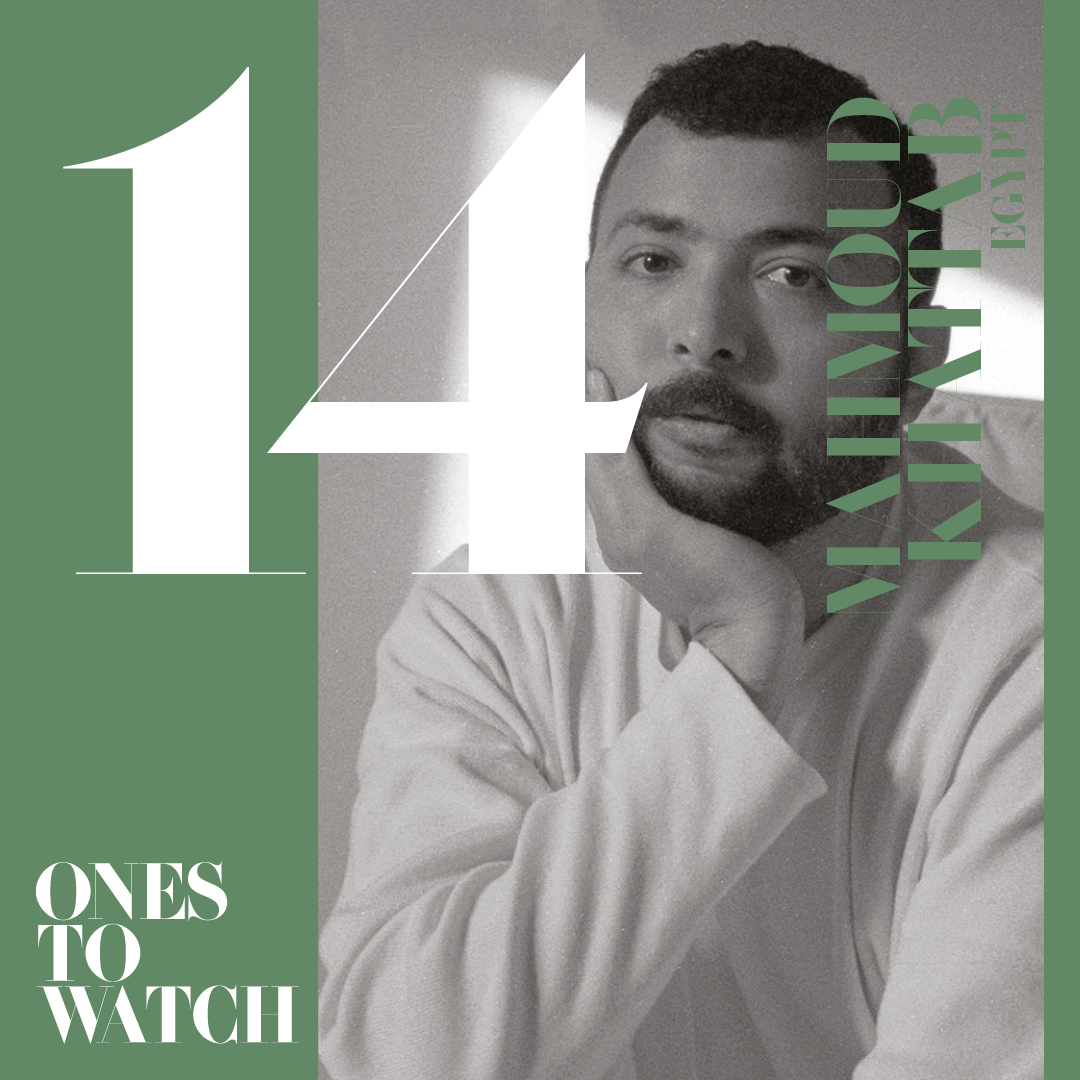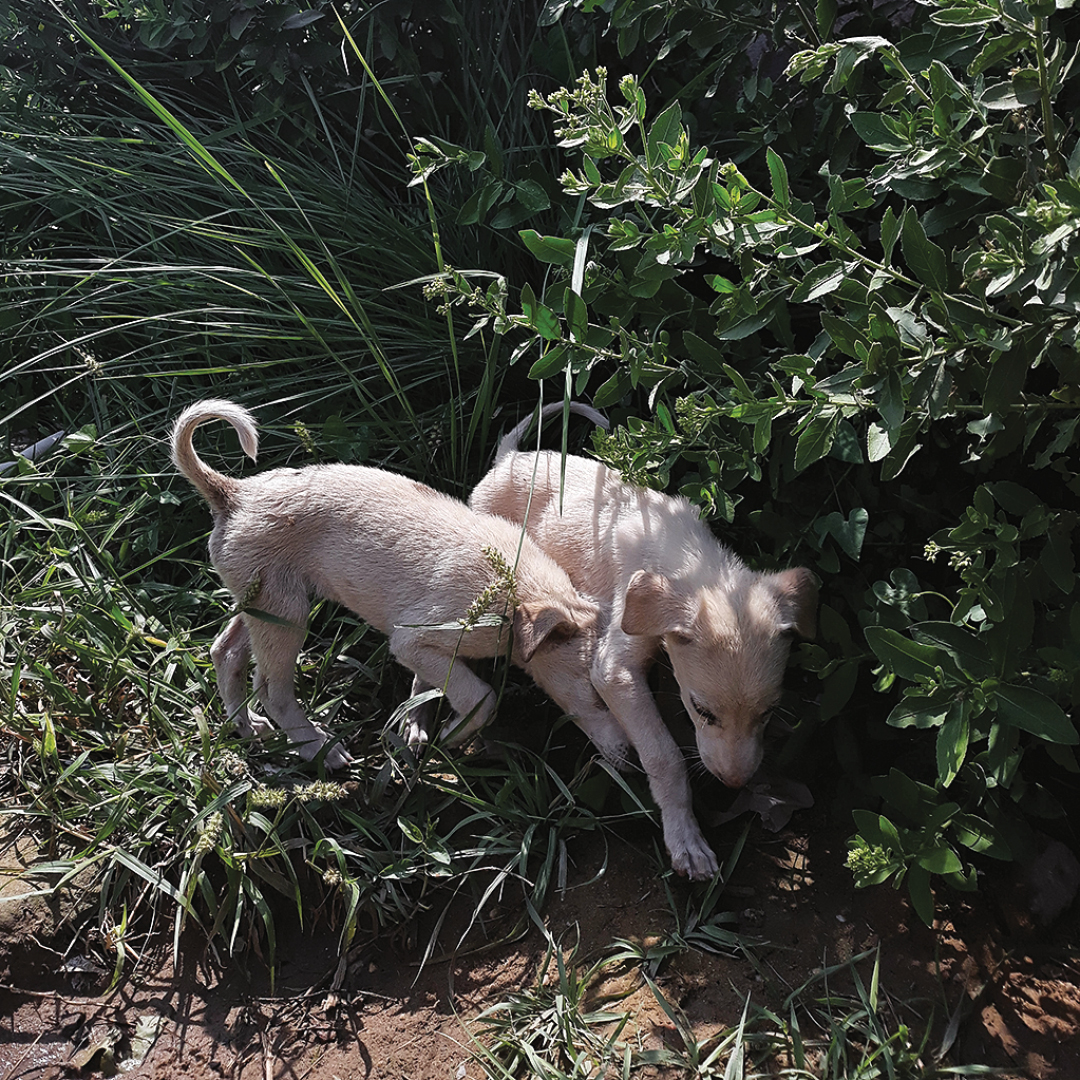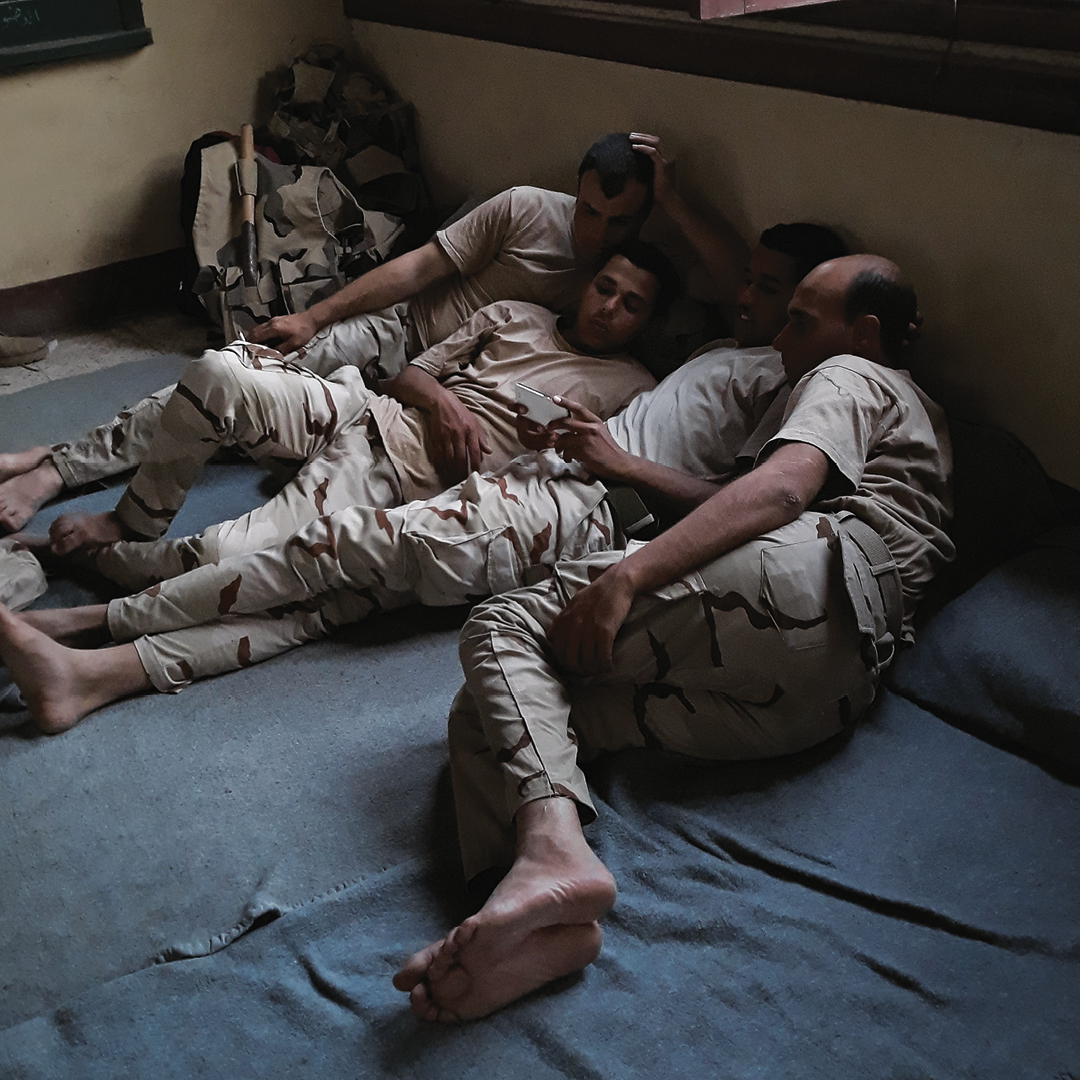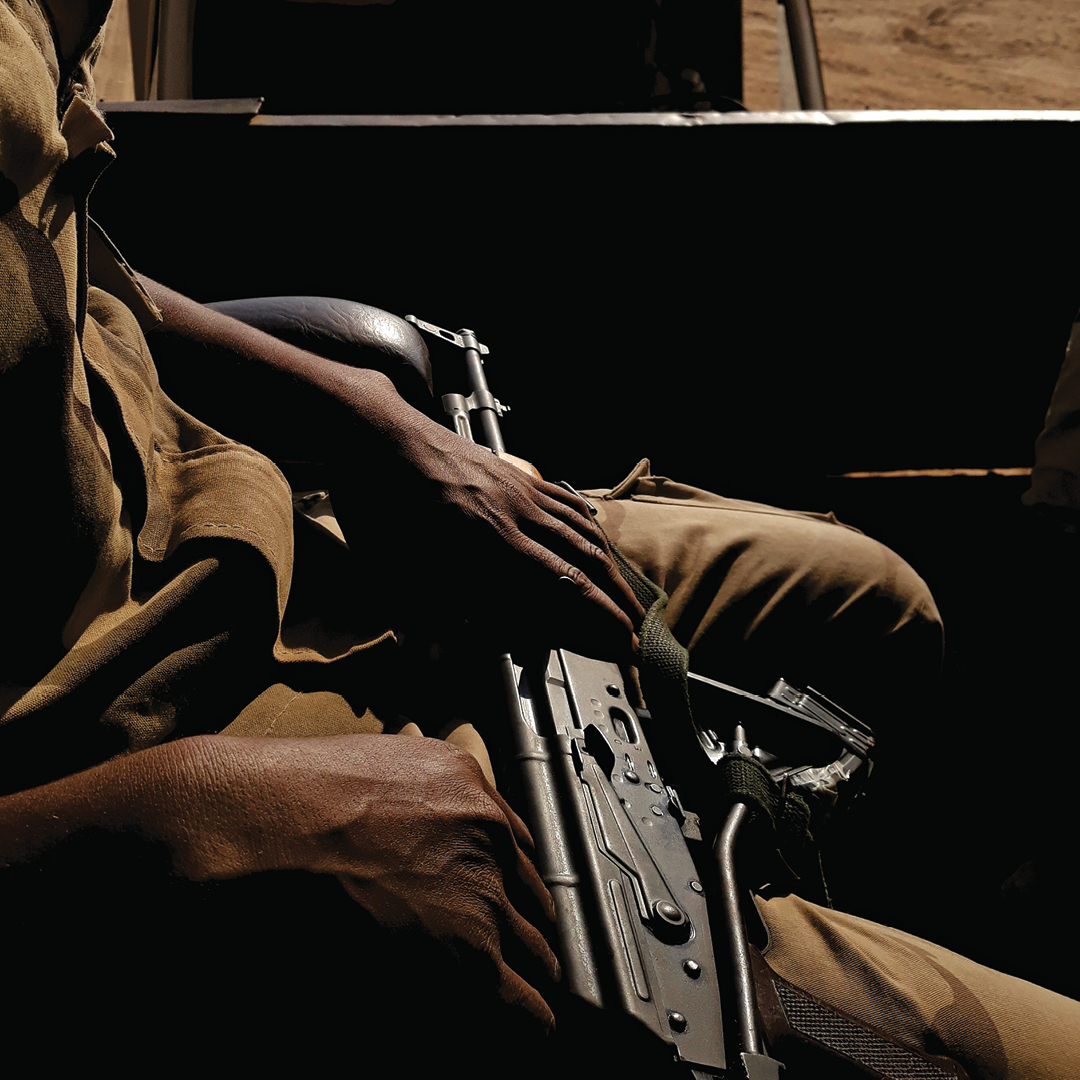All images © Mahmoud Khattab
Named after a stray dog with whom he bonded during his military service, the Ones to Watch winner showcases work that is ‘poetic and personal’
Mahmoud Khattab was a medical student in Cairo when the 2011 Egyptian revolution broke out. By any photographer’s standards, it was a baptism of fire. The then 19-year-old took a camera out with him to document the social uprising from ground level. “I went out onto the street to take photos of the events that were unfolding and shared them with my friends on Facebook,” he says. “The pictures looked awful, but I took them anyway.”
Fast-forward a decade and Khattab is still in Cairo, having abandoned a short-lived medical career for photography in 2018. As a doctor, he found he was not able to detach himself from his patients. “I would subconsciously mirror the emotions of people I was treating,” he says. “It was really affecting me.”

Since then, he has exhibited his work in the US, China and Germany, and his latest project, The Dog Sat Where We Parted, is getting him noticed. It was shown at Les Rencontres d’Arles last year, while Magnum photographer Myriam Boulos, who nominated Khattab for Ones to Watch, describes the work as “full of magic… poetic and personal”.
Despite having similar underlying themes, the project is markedly different to the work of Khattab’s student years. Shot during his enforced year of Egyptian national service as an army doctor in 2017, it is named after Antar, a stray dog with whom Khattab formed a close bond over five-mile walks across the desert, and it responds to his feelings of intense loneliness as a soldier.
Men in khaki sit in the scorched Egyptian desert, their faces mostly obscured. The images have an atmospheric quality – all wide skies and long shadows. They are set beside short, achingly honest verses of poetry: “I have been ridiculed/made fun of/beaten… I cried a lot.” The soldiers are unaware that Khattab is photographing them. The entire project was shot covertly, part of the artist’s bid to express his vulnerability through images. “Suddenly, my aspirations, dreams… looked just like everyone else’s. It was one of the greatest challenges of my life,” he writes.

“What I saw through my camera back then made me go deeper into myself, rather than continue photographing it… It doesn’t mean that I am no longer interested in current events, but it made me appreciate life more than ever before”

A more recent project, When Birds Sang Again, continues Khattab’s journey into an introspective mode. Shot during the pandemic, it explores the effects of human routines coming to a halt during lockdown – birds singing louder and grass growing longer – with images of his two pet cockatoos at home. “I wondered if it was just us staying by our windows longer. Hoping to hear a sound we got used to, all over again,” he writes in an accompanying text.
Now, Khattab is developing a photobook of The Dog Sat Where We Parted, as well as working on a new project searching and surveying disappearing landscapes in Cairo, titled There Was a Valley Here Once. While he shies away from talking about future career goals, he says he has no wish to go back to photographing social unrest as in the revolutionary years, instead favouring work that is more personal.
“What I saw through my camera back then made me go deeper into myself, rather than continue photographing it,” he says. “It doesn’t mean that I am no longer interested in current events, but it made me appreciate life more than ever before.”

